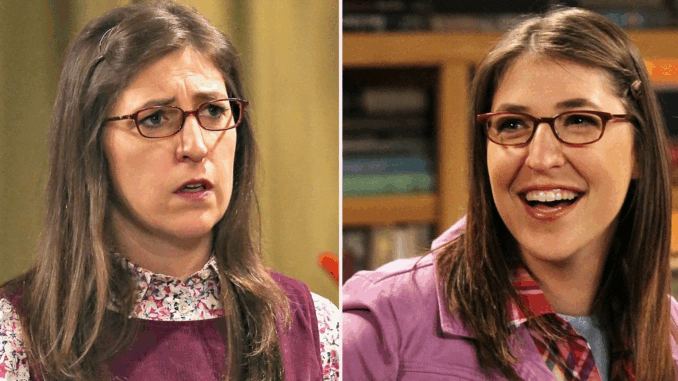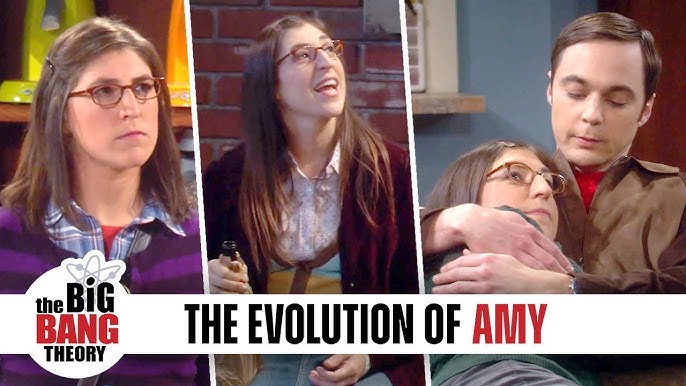
When Amy Farrah Fowler first appeared on The Big Bang Theory in Season 3, she was intended as a quirky, brief addition—almost a mirror image of Sheldon Cooper. But what started as a minor character quickly became a major force that reshaped the series.
Portrayed by Mayim Bialik, Amy was initially presented as robotic, socially awkward, and nearly emotionless—much like Sheldon himself. But as the series progressed, so did Amy. Writers began peeling back her layers, revealing a woman full of vulnerability, ambition, sarcasm, and desire for connection.
Her friendship with Penny and Bernadette created a dynamic that balanced out the male-centric storylines. The trio’s scenes became essential to the series, showing that intellect and emotional depth could coexist—and be genuinely funny. Amy evolved from a caricature into a three-dimensional, relatable figure who craved the same things everyone else did: love, recognition, and belonging.

Amy’s romantic relationship with Sheldon was pivotal. Not only did it give Sheldon’s character a path toward emotional maturity, but it also allowed Amy to challenge him in ways no one else could. Their eventual engagement and marriage became a cornerstone of the final seasons—and a symbol of how far both characters had come.
Offscreen, Bialik’s performance brought something unique to the show. A neuroscientist in real life, she infused authenticity into Amy’s academic brilliance, all while delivering comic timing that made her a standout. Her portrayal earned multiple Emmy nominations and helped cement Amy as a fan favorite.
By the series’ end, Amy Farrah Fowler had gone from an afterthought to a foundational pillar of the show. Her transformation is often cited as one of the best examples of character development in modern sitcoms—and a reminder that even the quietest voices can change the whole story.